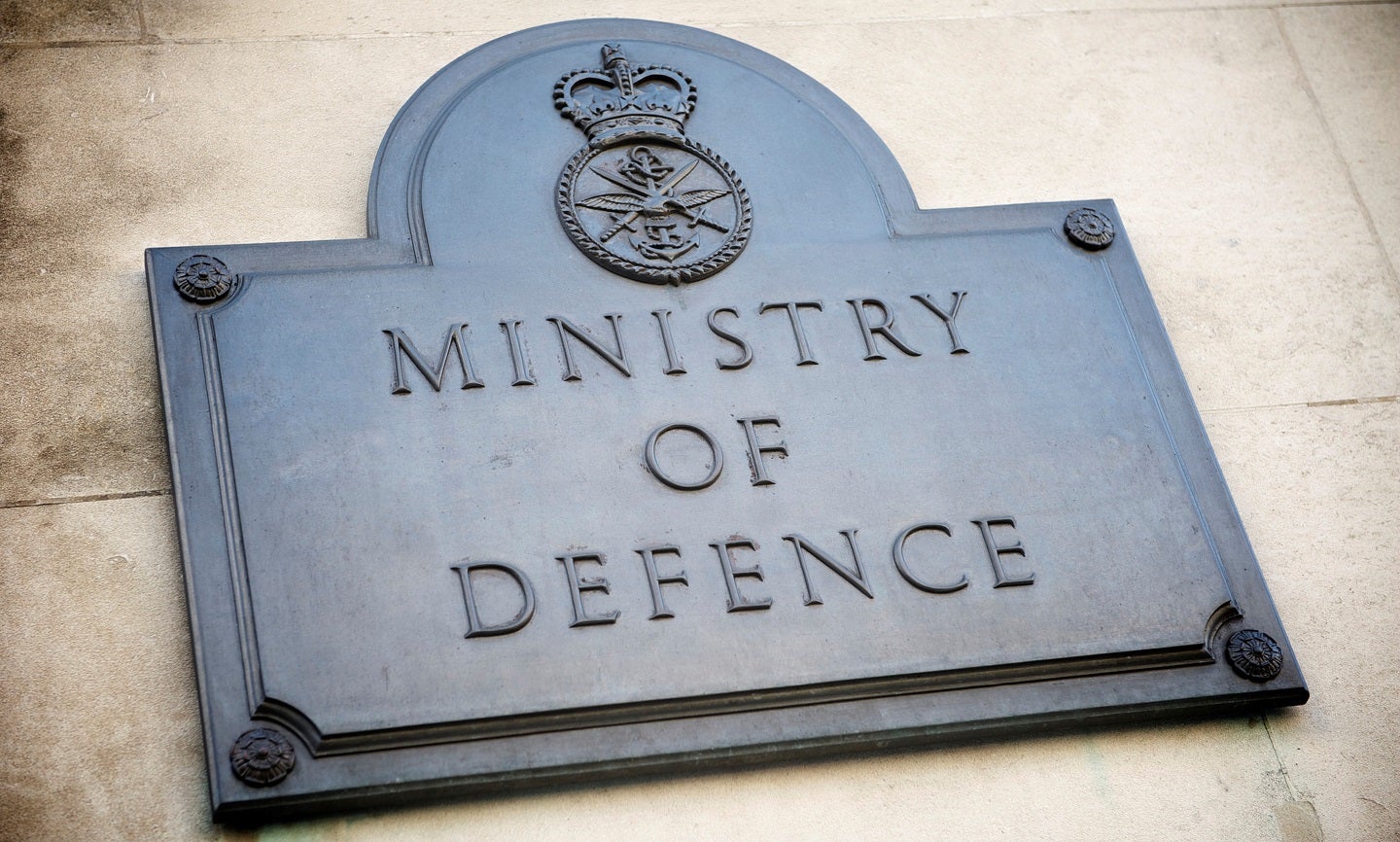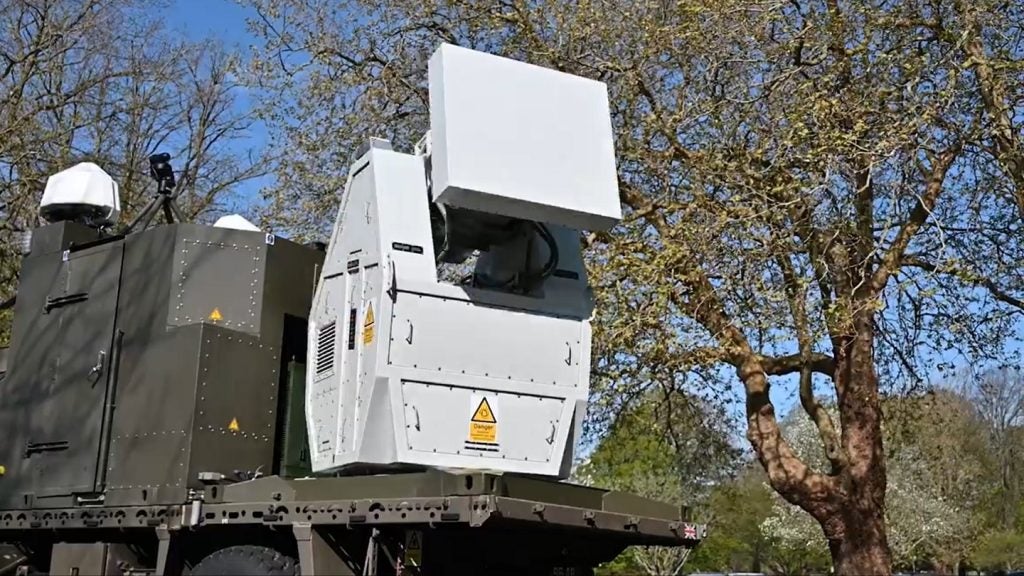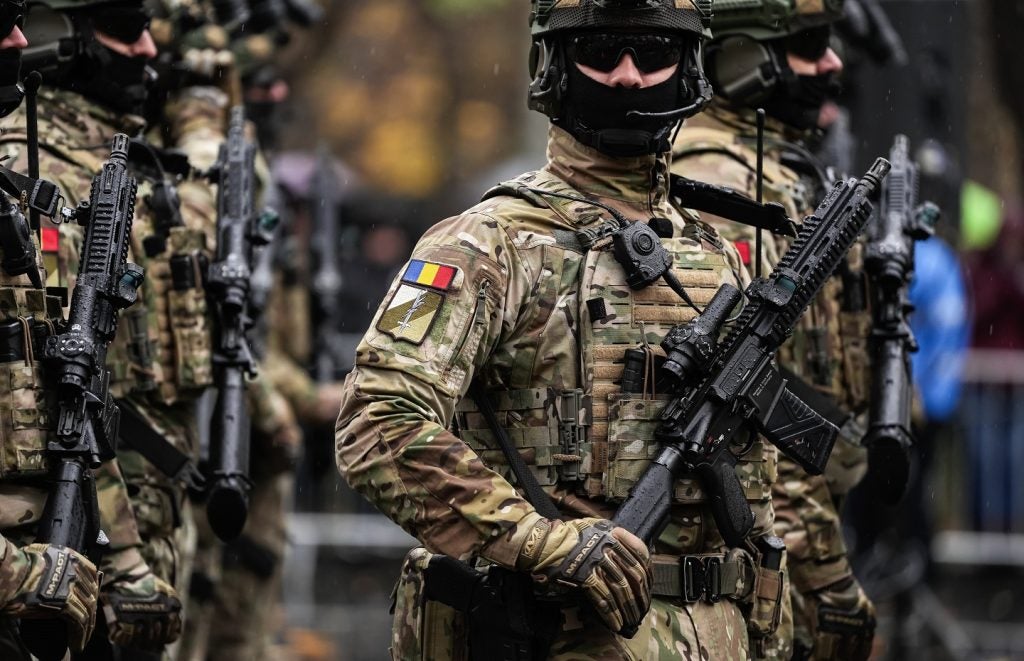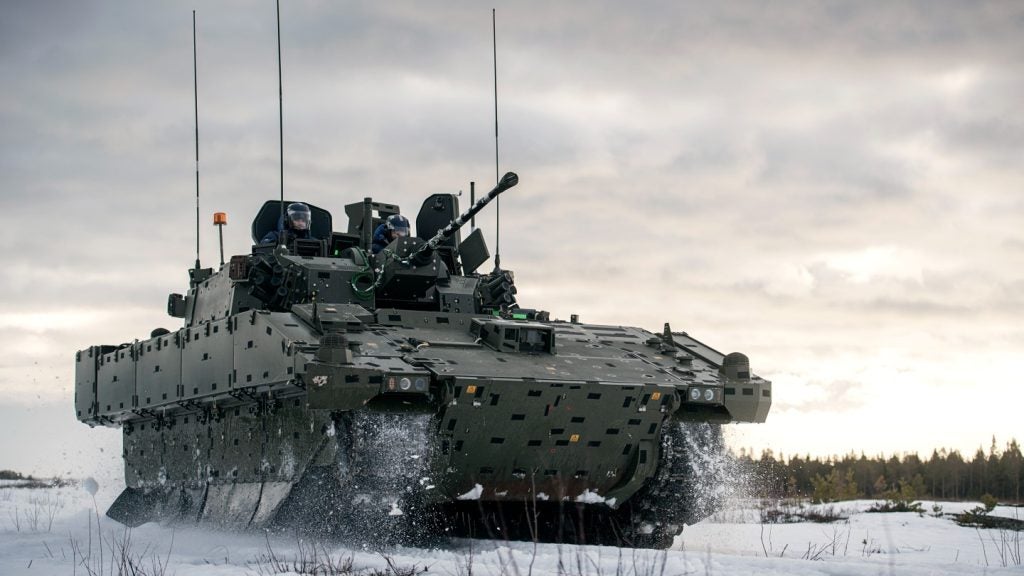
The Chair of the UK Defence Committee, Tobias Ellwood, has written to the UK Defence Secretary, Ben Wallace, emphasising the need for greater defence spending.
Ellwood’s letter, written on 21 June, raised concerns about the government’s reponse to a committee report: Special Relationships? The UK, US and Nato, published on 7 March.
The government stressed its commitment to “spend a minimum of 2% of GDP on defence.”
Ellwood was quick to point out that “this is the bare minimum required in light of the current geopolitical and macroeconomic context. Is the government concerned that UK spending as a proportion of GDP looks likely to be overtaken shortly by Germany and France?”
The government’s response said that the UK had been leading work within the Nato alliance on industrial capacity, and to replenish stockpiles, following the conflict in Ukraine. Meanwhile, the committee calls for Wallace to provide more information on what this leadership has involved, and what the UK has achieved in this area so far.
The UK’s defence strategy so far
Just three days after the committee published the original report, the government issued its Integrated Review Refresh, which assessed the changing geopolitical environment since the Integrated Review in 2021.
The Refresh serves to inform – the government outlines the growing tensions around the world and where the UK stands within this environment. The government composed the Refresh in an essay-style outlining the “epoch-defining” threat of China and the war in Ukraine among other growing issues.
However, there is little practical direction, the UK’s defence strategy was only disclosed so far as to place importance on relationship-building with the country’s allies and partners in strategic regions such as the Euro-Atlantic and the Indo-Pacific. A defined roadmap is forthcoming, the government will release it in the UK’s Defence Command Paper, which has been expected this month.
Despite the lack of defence roadmap, the Refresh asserts that “this geopolitical moment not only requires us to act now but to plan for the long-term.”
How does the government view its defence strategy progress?
Ellwood requested that the government reply by 5 July in his letter to Wallace.
Nontheless, we can certainly expect the government’s reply to be based on its hawkish support of Ukraine as a leading donator to the Ukrainian Armed Forces to repel the Russian forces dug in the south and east of the country.
Lately, this includes Storm Shadow long-range precision missiles on 11 May, considerable financial support for Ukraine’s cyber defences as well as medical training support.
However, the committee is concerned about the lack of direction in defence. The need for greater defence spending is just one part of the committee’s desire for the MoD to shore up the resource-starved British Armed Forces.








